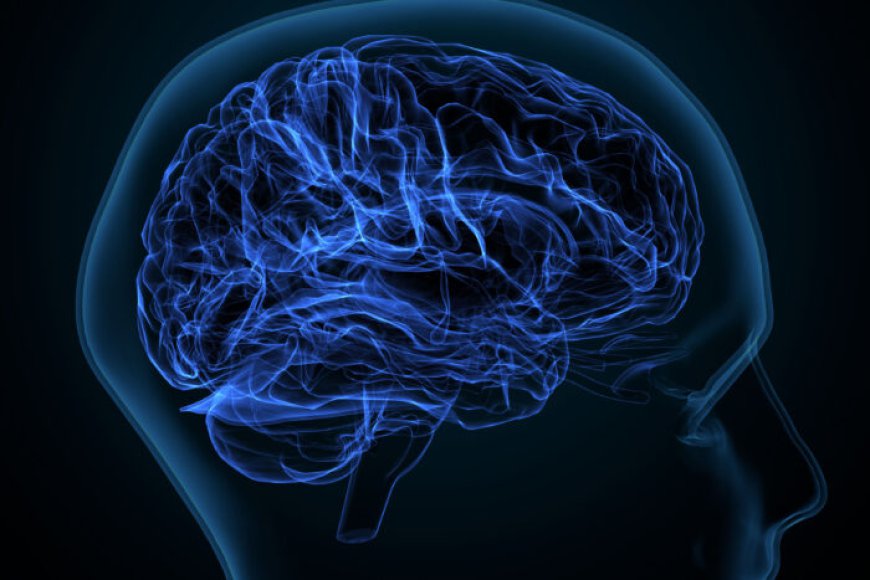Unlocking Alzheimer’s Secrets: Breakthrough Discovery Reveals Key to Preventing Cognitive Decline
Explore the groundbreaking research uncovering a woman's resilience against Alzheimer’s, despite a genetic predisposition. Scientists at Washington University reveal how a rare gene variant could sever the link between early-stage amyloid buildup and late-stage cognitive decline. Discover the potential breakthrough in Alzheimer’s prevention.

In a groundbreaking study from Washington University School of Medicine, researchers delve into the fascinating case of a woman who defied her genetic predisposition to Alzheimer's, offering potential clues to preventing cognitive decline. The study focuses on a rare gene variant known as the Christchurch mutation in the APOE gene and its impact on disrupting the link between early-stage amyloid beta accumulation and late-stage cognitive impairment.
Understanding the Unique Case: The article unfolds the story of a Colombian family plagued by Alzheimer's for generations, except for one remarkable member who remained cognitively healthy into her 70s despite carrying the genetic defect. Researchers uncover that her unique genetic makeup, including the Christchurch mutation, played a pivotal role in her resistance to Alzheimer's.
Deciphering the Genetic Puzzle: Delving deeper into the genetic intricacies, scientists conducted experiments on genetically modified mice, replicating the Christchurch mutation. The results mirrored the woman's resistance, showcasing minor tau pathology despite extensive amyloid plaques. The key difference lay in the heightened activity levels of microglia, the brain's waste-disposal cells, efficiently clearing tau aggregates.
The Potential Breakthrough: This discovery opens new avenues for preventing Alzheimer's dementia by mimicking the effects of the Christchurch mutation. The article emphasizes the significance of understanding the link between amyloid and tau pathology, presenting an opportunity to render amyloid accumulation less harmful. The implications could protect individuals from cognitive impairments, offering hope for innovative treatments in Alzheimer's research.
Conclusion: As Alzheimer's disease unfolds over decades, this research sheds light on a potential game-changer in the field. The woman's resistance to cognitive decline, attributed to the Christchurch mutation, paves the way for novel approaches in Alzheimer's prevention. With further exploration, these findings may lead to groundbreaking treatments, providing hope for those on the path to dementia.







